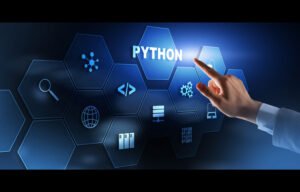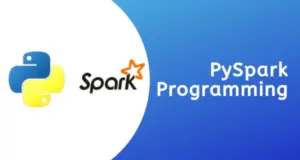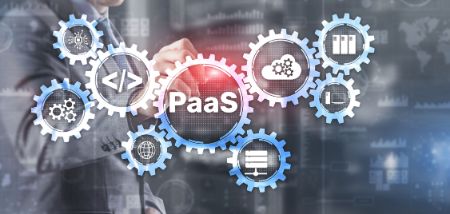There are a lot of people who have shifted into Python Career roles in recent years, particularly in the fields of software development, artificial intelligence, and data science. The strong and rising demand for qualified workers in various fields is the primary driver of these career changes. Additionally, the fascinating advancements in these fields draw people and inspire them to change careers.
There are several job openings in the fields of data science, artificial intelligence, and software development, as well as a wide range of career roles. Software developers, software engineers, data scientists, data analysts, machine learning engineers, and other professionals are all available to you. Python is the element that unites all of these titles.
You may be able to enter these fields of work if you have Python skills. You can work in a variety of businesses if you have a solid foundation in Python. Consequently, developing a Python profession gives you access to a wide range of prospects.
Python is also one of the most simple programming languages to learn. Python is the most popular choice for individuals looking to learn programming because of its simple structure, straightforward syntax, and simplicity. And if you need it, there is extra energy for learning Python.
Check out our online Python courses to see for yourself how simple it is to learn Python.
How to Start Your Python Career
Despite the fact that Python is a simple language to learn, a successful Python career requires a well-organised plan. Let’s talk about some pointers and suggestions for quickening your learning.
1.Acquire a basic understanding of Python
You must first master the basic concepts in order to develop a profession in Python. Before tackling more complex issues, it is crucial to have a solid understanding of the fundamentals of programming. Otherwise, you’ll just be learning by memorization rather than truly learning how to program. This could seem like a more expedient method, but it will make it difficult for you to write programs or collaborate with others.
A strong foundation enables greater adaptation, flexibility, and self-assurance. It gives you the tools you need to solve problems creatively and contribute to team projects. Spending some time learning the fundamentals will make your Python journey easier and more enjoyable in the long term.
2.Get some Practice
Practice is the next suggestion that is critical to mastering any software product, including Python programming. To truly learn whatever you read, hear, or watch, you must put it into practice on your own. A connection between the neurons is necessary for learning to occur in the brain. Neurons must be triggered repeatedly in order to form these connections, which can only happen through consistent practice.
There are many different ways to practise Python, however, I believe that solving exercises is the greatest method. After reading some topics, make sure to test your comprehension by completing a relevant activity or coding challenge.
3.Carry out real projects
The following advice is to complete real-world projects, which are also related to practising. This is comparable to moving forward in your Python career because it brings you closer to gaining the professional work experience that companies value most.
You can demonstrate your PYTHON SKILLS and possibly persuade companies that you have the necessary abilities by completing a real-world project. Consistency is crucial for finishing any task, including exercises and full projects. Even if it’s just for 30 minutes a day, you should try to code. It won’t be very helpful if you practise hard for a few days and then don’t code for a month.
4.Join in community
Python is an open-source programming language, meaning using it will always be free, and maintaining and improving it will require a community. We can use this fantastic programming language without being concerned about sacrificing efficiency or being out of date because of the vibrant Python community. Even if it’s only fixing a small problem, contributing to open-source projects is a significant step in your Python career. Additionally, it offers the chance to practise on a genuine project.
5.Network
The networking process, or building relationships with others in the Python community, is last but not least. Networking can influence a Python career in both online and offline settings. It can be challenging to locate a chance to use your abilities. You can solve this difficulty by networking. Additionally, it aids in expanding your Python career’s chances.
Conclusion Check our Python certification course to learn more about Python.

























